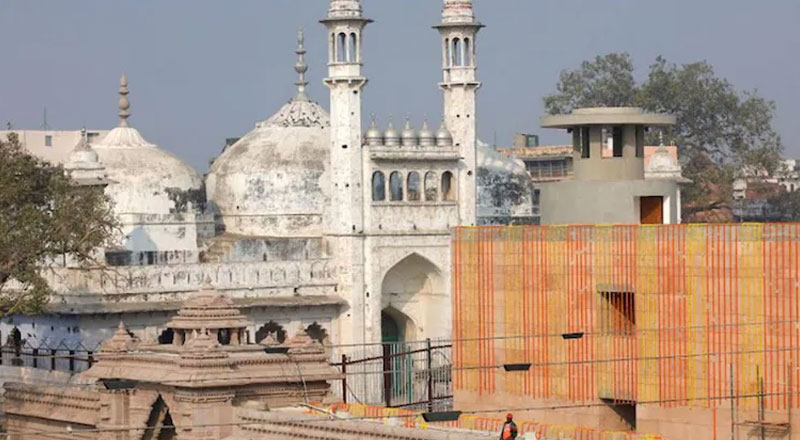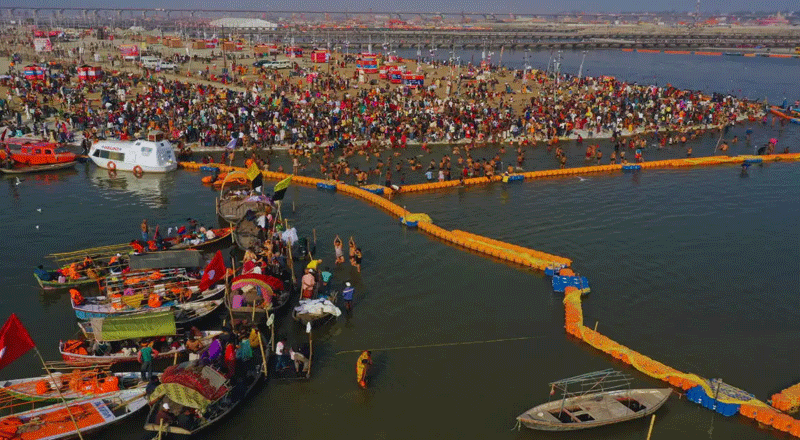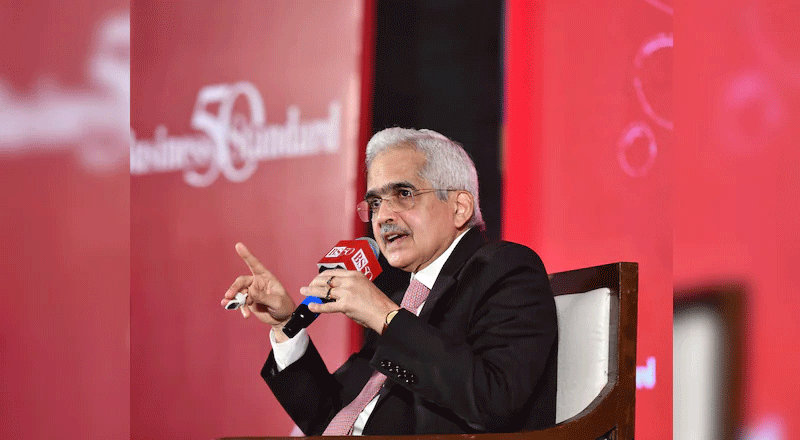Hearing the Gyanvapi mosque case on Tuesday, the Supreme Court ordered the Varanasi district magistrate to ensure the area where a shivling was purportedly found is protected without obstructing the Muslim community’s right to worship.
The mandir-masjid debate over the Gyanvapi mosque-Shringar Gauri complex in Uttar Pradesh’s Varanasi is raging.
While one side has claimed the mosque was built after the demolition of a temple in its place in the 16th century, the other side has been referring to the Places of Worship (Special Provisions) Act which bars the conversion of the religious character of any place of worship as it existed on August 15, 1947.
Both the Supreme Court and a Varanasi court took important decisions in the case on Tuesday. Here’s all you need to know:
- The Supreme Court directed the District Magistrate of Varanasi to ensure protection of the area inside the Gyanvapi-Shringar Gauri complex where a ‘shivling’ was said to be found.
- However, this must be done without affecting the right of Muslims to offer prayer at the mosque.
- Effectively, the top court stayed the Varanasi court’s May 16 order to seal the area and prohibit the entry of people. However, proceedings in the Varanasi civil court have not been stayed.
- The Supreme Court adjourned its hearing till Thursday.
NOT SO SIMPLE
Responding to the Supreme Court’s directions, senior advocate Huzefa Ahmadi, appearing for the Gyanvapi mosque committee, said Muslims need to perform ‘wazu’ or ablution as without that ‘namaz’ would have no meaning under Islam.
The Varanasi court granted the team tasked with conducting a videography survey of the disputed complex two more days to file its report.





